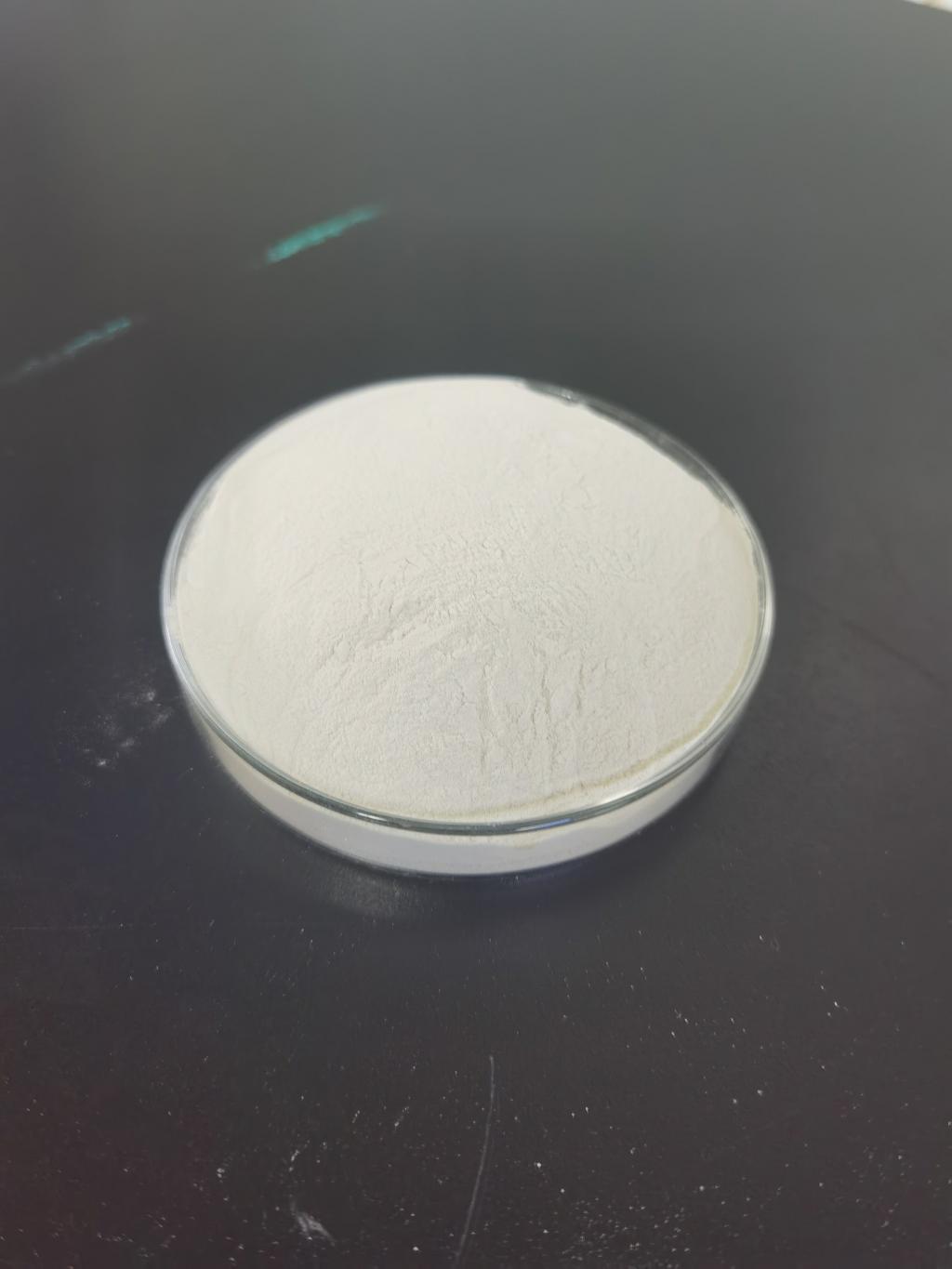Tel:+8618231198596

News
 CONTACT
CONTACT
 CONTACT
CONTACT
- Linkman:Linda Yao
- Tel: +8618231198596
- Email:linda.yao@dcpharma.cn
- Linkman:CHARLES.WANG
- Department:Overseas
- Tel: 0086 0311-85537378 0086 0311-85539701
News
Current Position:
Home >
News
>Nisin's Role in Tackling Emerging Challenges in the Global Food Supply
Nisin's Role in Tackling Emerging Challenges in the Global Food Supply
TIME:2024-02-06
The Global Food Landscape
1. Rising Population and Demand
With the world's population steadily increasing, the demand for safe and nutritious food is higher than ever. This places immense pressure on the food production and distribution systems to ensure an adequate and secure food supply for all.
2. Environmental Concerns
Environmental sustainability has become a critical consideration in food production. Practices such as overuse of chemical preservatives, excessive packaging, and long transportation routes contribute to carbon footprints and environmental degradation.
Nisin's Contribution to Food Safety
1. Natural Antimicrobial Properties
Nisin's primary role lies in its natural antimicrobial properties. It effectively inhibits the growth of a wide range of bacteria, including pathogenic strains. Incorporating Nisin into food preservation strategies provides a natural and safe alternative to traditional chemical preservatives.
2. Reducing Dependency on Synthetic Preservatives
As consumers increasingly seek clean-label and minimally processed foods, the food industry is under pressure to reduce the use of synthetic preservatives. Nisin offers a natural and sustainable alternative, aligning with the growing demand for cleaner and healthier food options.
Extending Shelf Life and Reducing Food Waste
1. Antimicrobial Action Against Spoilage Organisms
Nisin's effectiveness extends beyond pathogenic bacteria to include spoilage organisms. By inhibiting the growth of these organisms, Nisin helps extend the shelf life of various food products, reducing the incidence of food spoilage and waste.
2. Preserving Nutritional Quality
Traditional food preservation methods often compromise the nutritional quality of foods. Nisin, with its targeted antimicrobial action, allows for better preservation of nutritional content, ensuring that consumers receive not only safe but also nutrient-rich products.
Promoting Sustainability in Food Production
1. Environmentally Friendly Profile
Unlike some synthetic preservatives that may have adverse environmental impacts, Nisin is biodegradable and poses minimal risks to ecosystems. Its eco-friendly profile aligns with the global push for sustainable and responsible food production practices.
2. Reducing the Need for Cold Storage
Nisin's ability to extend the shelf life of perishable foods can contribute to a reduction in the need for extensive cold storage facilities and transportation. This, in turn, reduces energy consumption and greenhouse gas emissions associated with the cold chain.
Nisin's Role in Resilient Food Systems
1. Mitigating Food Safety Risks
The global food supply chain is vulnerable to foodborne illnesses caused by bacterial contamination. Nisin's role in mitigating such risks contributes to building more resilient food systems capable of withstanding challenges related to contamination and recalls.
2. Adaptability to Diverse Food Applications
Nisin's versatility allows its integration into a wide range of food products, from dairy to meat to plant-based alternatives. This adaptability enhances its applicability across diverse food systems, supporting global efforts to create resilient and adaptable food supplies.
Future Directions and Considerations
1. Regulatory Approvals and Standardization
For Nisin to fulfill its potential on a global scale, regulatory approvals and standardization processes must be streamlined. Ensuring that Nisin meets international safety and quality standards will facilitate its widespread adoption in various food sectors.
2. Consumer Perception and Acceptance
Consumer awareness and acceptance of Nisin as a natural preservative are critical factors. Educating consumers about the benefits of Nisin in terms of food safety, reduced waste, and sustainability is essential for fostering trust and widespread adoption.
Conclusion
Nisin's multifaceted role in addressing emerging challenges in the global food supply chain positions it as a valuable asset for the future of food production and distribution. From enhancing food safety to promoting sustainability and contributing to resilient food systems, Nisin offers a natural and effective solution. As the world navigates the complexities of feeding a growing population while minimizing environmental impact, Nisin stands out as a beacon of innovation and sustainability in the evolving landscape of global food supply.
- Tel:+8618231198596
- Whatsapp:18231198596
- Chat With Skype







